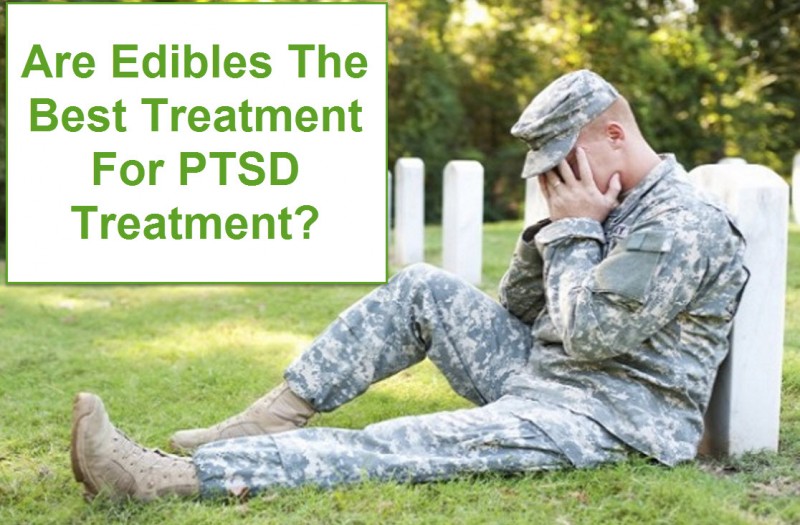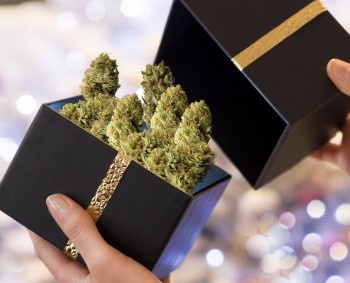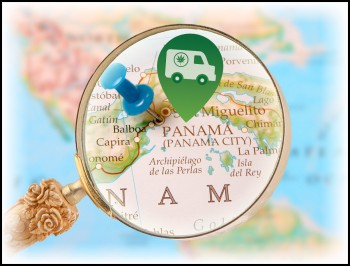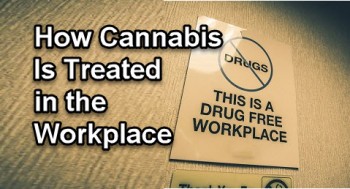Cannabis.net interview with Dr. Marcel Bonn-Miller, Executive Director of the Institute for Research on Cannabinoids. He is an internationally recognized expert on studying cannabis as treatment for PTSD.
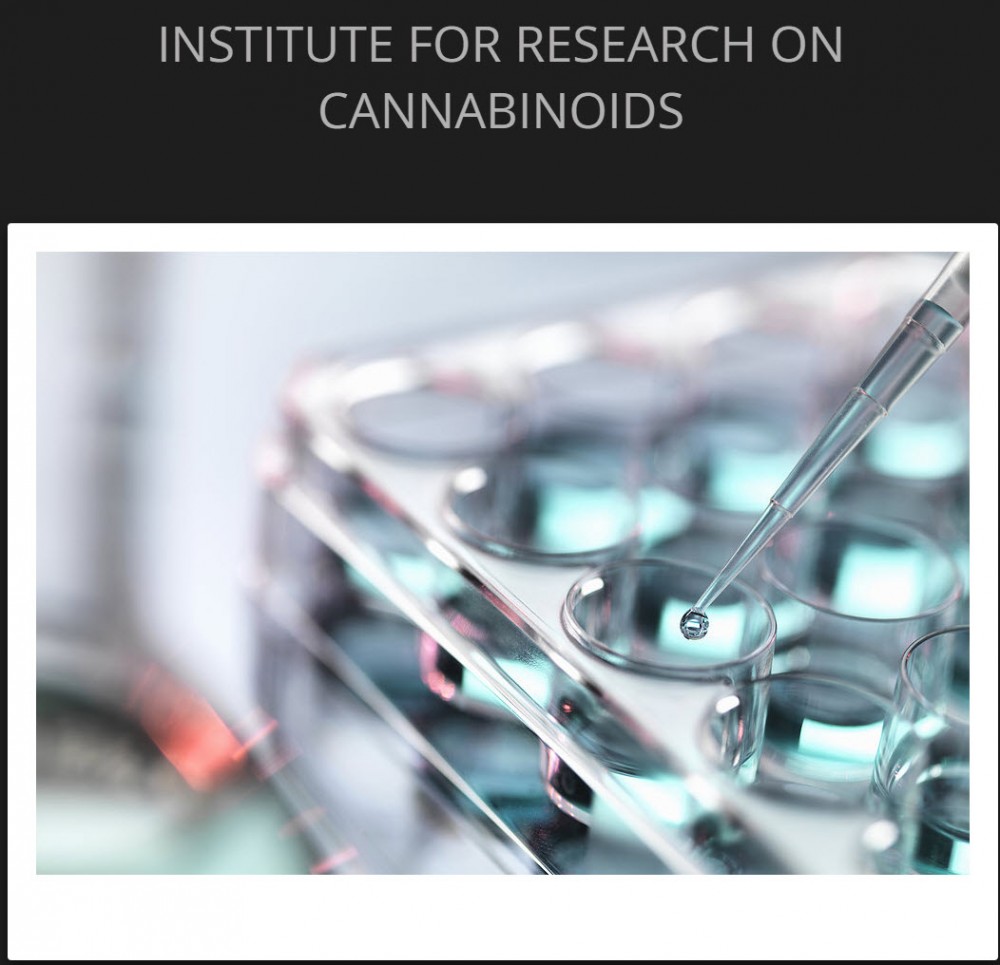
1. As one of the leading experts on the cannabis and PTSD, can you please share the latest developments in your research, and any updates on adopting cannabis as a treatment for PTSD?
We are currently conducting the first clinical trials of cannabis for PTSD. We will begin recruitment for both a U.S. multi-site phase 2 trial and a Canadian phase 2 trial within the next 4-6 weeks. These trials will examine the effects of a few different cannabinoid preparations (with varying THC and CBD content) on PTSD symptoms over time. We are also conducting a large observational study in Denver, where we are comparing cannabis users to non-users (and variations in cannabinoid/terpene preference among users) in relation to PTSD symptoms over the course of a year. These studies will combine to provide a great deal of information regarding the utility of certain cannabinoid preparations in terms of PTSD symptoms.
2. Your edibles study is observing the effects of a variety of edible cannabis products on PTSD symptoms (as well as sleep, chronic pain, physical activity, medication replacement, and psychosocial functioning). Do you have any preliminary insights on the impact of cannabinoids on post-traumatic stress disorder (PTSD)?
Emerging data has highlighted the benefits of THC for nightmares among individuals with PTSD, and the benefits of CBD for sleep, fear extinction, and anxiety. While both THC and CBD may provide benefit for this population, it is important to also minimize negative consequences associated with cannabis use among this population (e.g., addiction, heightened anxiety among high THC users). We have designed the above-mentioned clinical trials to provide a deeper understanding of the impact of cannabinoid concentrations on PTSD.
3. How effective are edibles in treating PTSD? Vs. smoking or other methods of consumption? Great question. We currently don’t know. Given how long it takes for ingested cannabis to take effect in the body, the biggest challenge in this area relates to dosing. That said, it is important to examine multiple routes of administration because some of our data has indicated that older individuals and those with greater PTSD symptoms are more likely to choose edible products over other methods of consumption (i.e., smoking, vaping).
While we are just now getting our new edible study off the ground, the greatest challenge in terms of the research on edibles is understanding exactly what cannabinoids each edible product contains. A study by our group last year highlighted that labels of many edible products inaccurately reflect their actual content. Difficulties in testing edible cannabis products further complicates these issues.

5. What is your outlook on the possibility that the NFL could eventually stop testing players for marijuana in the near future?
I will refrain from commenting on or predicting NFL policy in this area.
6. Where do you see the NFL drug policy in 5 years, say 2021?
I will refrain from commenting on or predicting NFL policy in this area.
7. How can we help advocate for the adoption of using cannabis as a treatment for PTSD, nationwide?
Before we advocate for the adoption of cannabis among individuals with PTSD, we first need to understand exactly how it affects individuals with PTSD. While I understand the desire to push policy in this area forward, research needs to come first. Without a proper understanding of what cannabinoids may benefit individuals with PTSD, and what cannabinoids should be avoided, advocacy and adoption efforts seem premature.
8. How is IROC working with traditional medical practitioners to educate and advance the scientific understanding of cannabinoids and their impact on psychological and physical health. What can we do to help get the word out?
In addition to advancing experimental and clinical research on cannabinoids, IROC’s mission is to provide evidence-based education to providers and patients regarding the safe use of cannabinoids. Within this context, we have surveyed practitioners, dispensary staff, and patients about current practices, knowledge, and barriers/facilitators to implementing education efforts. Informed by this research, we are currently working with a few partners on physician and dispensary trainings and patient brochures. Education efforts are critical, as the majority of providers and patients are ill-informed regarding specific cannabinoid indications, contraindications, and safe practices for cannabis use.
9. Is there any communication that you know of with doctors in other sports, like the NBA or NHL, about the use of cannabis for injury and recovery?
I am not aware of any communication in this area.
10. Is future research going to be to nonprofits like yourself or do you see a change coming where for profit institutions will have full access and rights to research?
Anyone can do research on cannabis, as long as they follow all federal and state regulations/guidelines. This is not difficult, it just requires training and experience in this type of work. The current problem is that a number of companies are conducting human research without the necessary approvals, and that is extremely dangerous. We formed IROC with a group of scientists that have been studying cannabinoids for decades, and know how to conduct sound research. Research conducted by individuals who are not following ethical standards and are violating federal and state laws will only serve to thwart rigorous research efforts from moving forward.
11. Are you familiar with the case of Baltimore Ravens, Eugene Monroe's being released from the team for advocating for medicinal marijuana? Do you believe he was wrongfully terminated for advocating for the league to take Marijuana off the banned substance list if you have a prescription? (see: http://espn.go.com/nfl/story/_/id/16254234/eugene-monroe- says-release-baltimore- ravens-not- stop-marijuana- advocacy)
I am aware of Eugene being released. That said, as I am not aware of the reasons and terms of his release, I can’t comment on it in more depth.
Other Articles That May Interest You...

PTSD TREATMENT GETS A NEW LEAF WITH CANNABIS OIL, CLICK HERE TO READ
